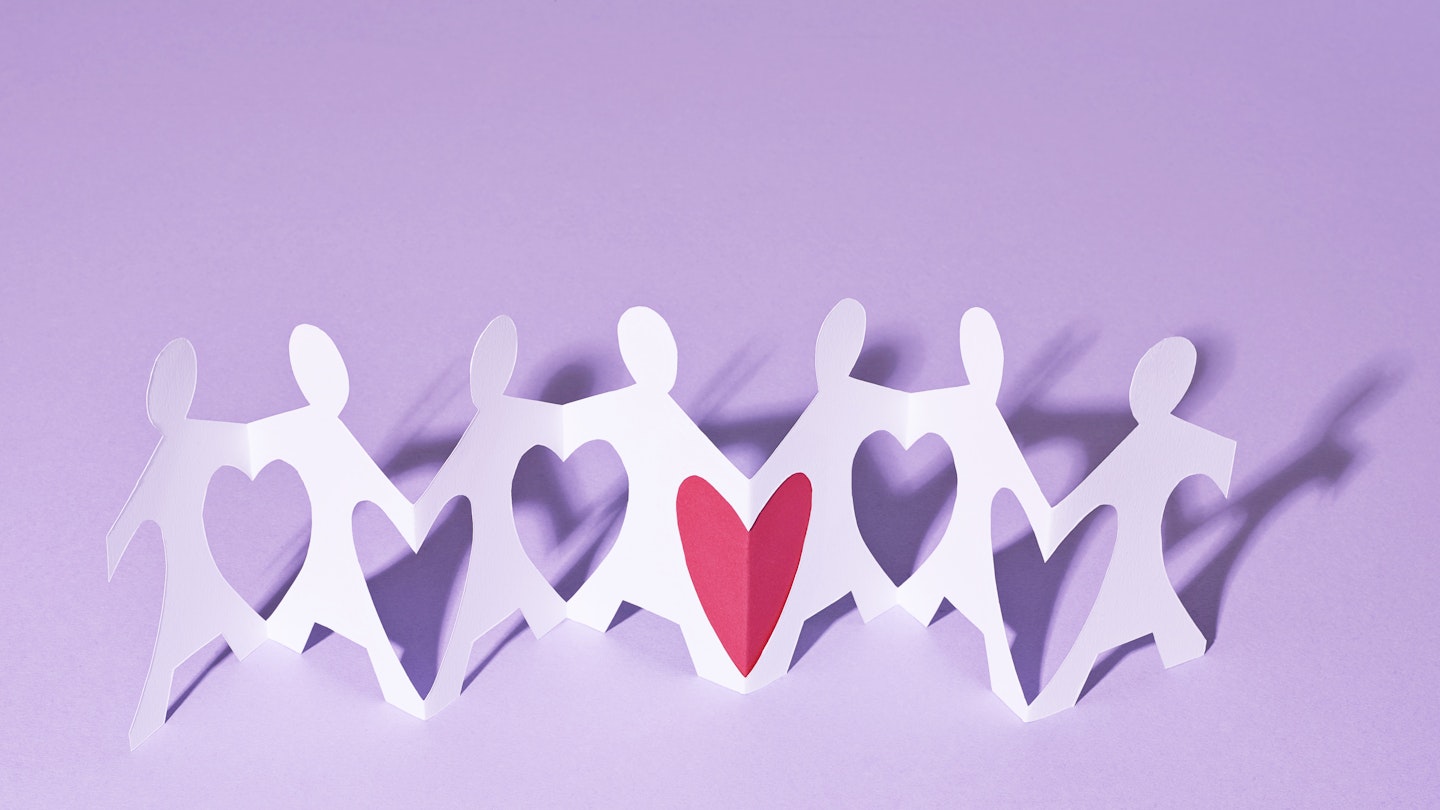We’re not going out. Not for a long time: around 12 weeks, is what the government is advising. Though it’s expected that 80% of people who contract Coronavirus will only have mild symptoms, the over-70s as well as those with a weakened immune system or long-term health conditions are at particular risk should they get unwell. That’s why they, along with pregnant women (whose health is always of utmost concern) are advised to stay home and not have any visitors. For, yes, around 12 weeks.
These measures are going to disproportionately affect the UK’s women. After all, women are more likely than men to be carers, working on zero-hours contracts, working in customer/client-facing roles, living as single parents, and experiencing domestic abuse. What happens to these women when they can’t go out? And when they’re obliged to go out in order to help others from whom they can’t necessarily keep a two-metre distance?
Grazia asked various charities about the heightened problems these women are going through as a result of the government’s undoubtedly important measures, and what we can do to support these women in extra need at such a challenging time.
Domestic abuse victims
One in four women will be affected by domestic abuse in their lives.
Problems:
A spokesperson from Women’s Aid said that refuges are planning to make it possible for women and children to self-isolate within them.
As for those who aren’t in refuges yet, the charity is concerned that: ‘Self-isolation is likely to shut down routes to support and safety for women experiencing domestic abuse.’
Solutions:
Women’s Aid wants the government to take ‘swift action to ensure that survivors who are facing barriers to support – and may be sleeping rough or sofa surfing as a result, or forced to be isolated with the perpetrator — are supported to find suitable and safe accommodation where they can self-isolate.’
If schools are shut, Women’s Aid wants the government to include this issue when planning. For example, if schools operate a skeleton service to ensure key workers like doctors and nurses can still work, this should be on offer to domestic-abuse support workers, too.
What you can do:
You can also contact Women's Aid via the Live Chat.
Women on zero-hour contracts
Women comprise 54% of the 1.8 million people on zero-hour contracts and many work in the care sector.
Problems:
According to Marie-Anne Stephenson of the Women’s Budget Group, ‘It’s going to be difficult for people working on zero-hours contracts, doing low paid work in the care sector to decide to self-isolate if they’re not going to get paid anything.’
Solutions:
‘Universal credit can now be applied for remotely, but it’s still got a waiting time of five weeks,’ Stephenson says. Instead she wants the government to provide sick pay for the self-employed.
What you can do:
There’s a petition to get statutory sick pay for the self-employed.Also, Stephenson wants us all to ‘split the burden. Unpaid care work is seen as women’s responsibility and women are more likely to take it. We need men to do more.’
Single parents
Of the UK’s two million single parents, over 90% are women. And while 70% of them work, they’re likely to be in lower paid, less secure work.
Problems:
Victoria Benson, the CEO of single parent charity Gingerbread, says: ‘We’re told to work from home but many single parents are in customer-facing jobs. They face being required to stay at work or sent home unpaid.’
When schools close, ‘these women won’t be able to work at all, and won’t get much childcare support’, she adds.
Solutions:
Benson wants employers ‘to be flexible, to give paid time off/sick-pay and allow working from home where possible’. As for landlords, they need to ‘recognise people’s situations’. And the government should, she suggests, ‘provide statutory sick and rent pay as well as fast-track universal credit for single parents. Vulnerable children on school meals also need to be protected’.
What you can do:
‘If you see a family you’re worried about at the school gates, offer to help, be supportive where you can.’
Also donate to foodbanks, via direct debit or by donating food: The Trussell Trust website has more information.
Carers
Women make up 58% of the 5.4 million people who do unpaid care work, 80% of the 1.6m paid social care workers and 77% of the NHS’s 1.6 million staff.
Problems:
A spokesperson from The Carers’ Trust, which represents unpaid carers, says: ‘Many women are going to end up doing more to support an older person in their family - who may previously have been able to shop for themselves or collect their own prescriptions.’
Solutions:
Carers and care agencies should have contingency plans to share caring roles, and ‘if you’re just realising you’re a carer, ask your council for an assessment, or get information from a carers’ service, listed in the Carers’ Trust network carers.org.’ It’s also useful for carers to let GPs know their situation.
What you can do:
‘If someone in your wider family or friends regularly looks after a vulnerable person, ask them what you can do to help. If you live nearby, and can help practically, leaving things outside their front door may help – such as prepared meals, and fruit. And assist neighbours and local charities where possible.’
READ MORE:
